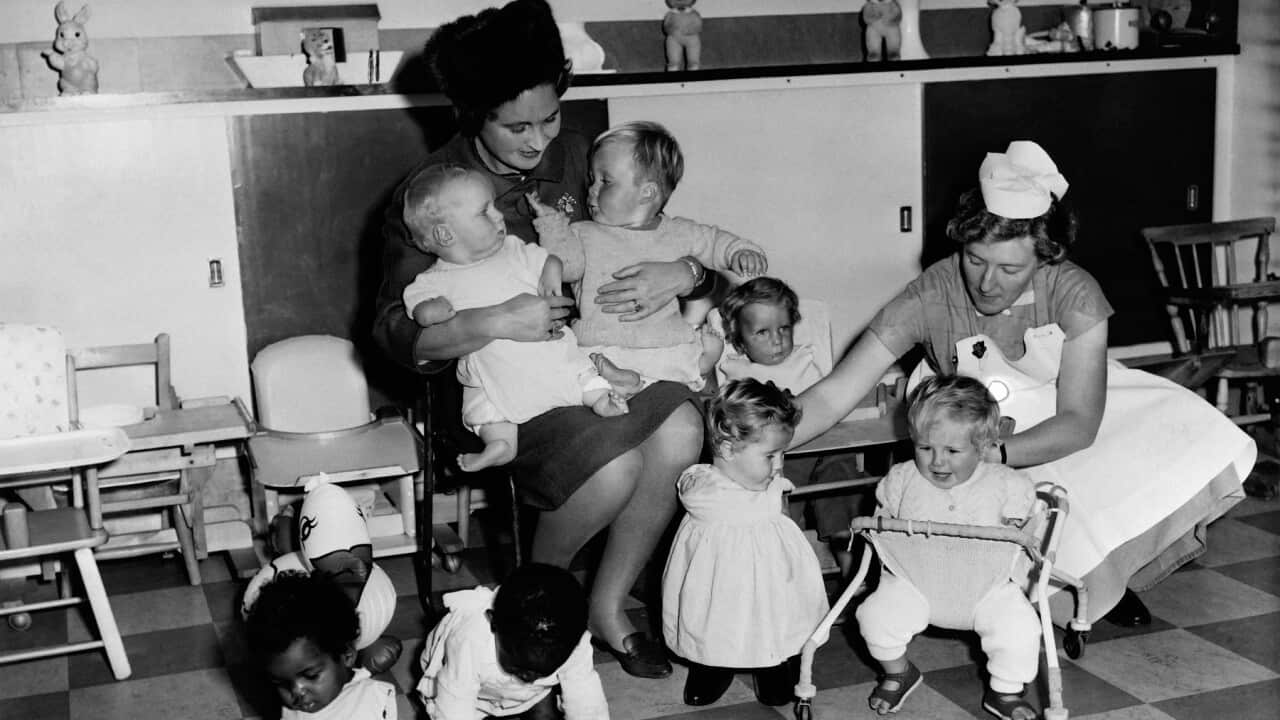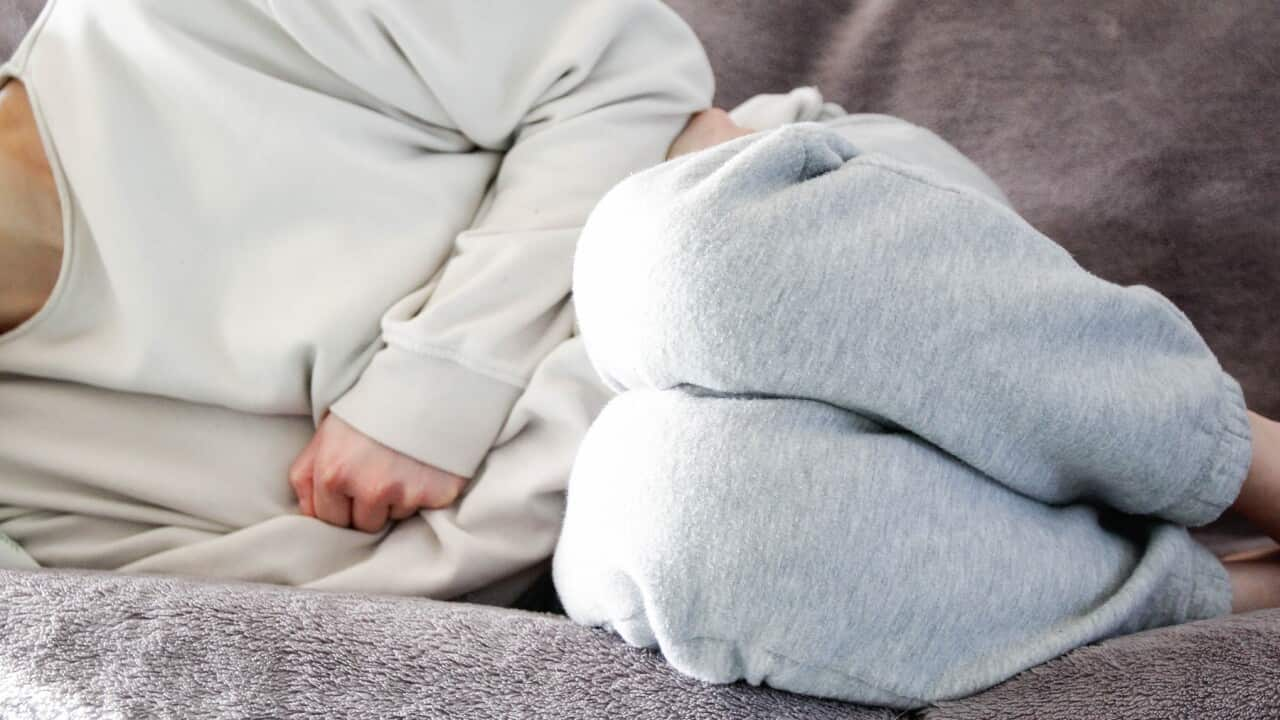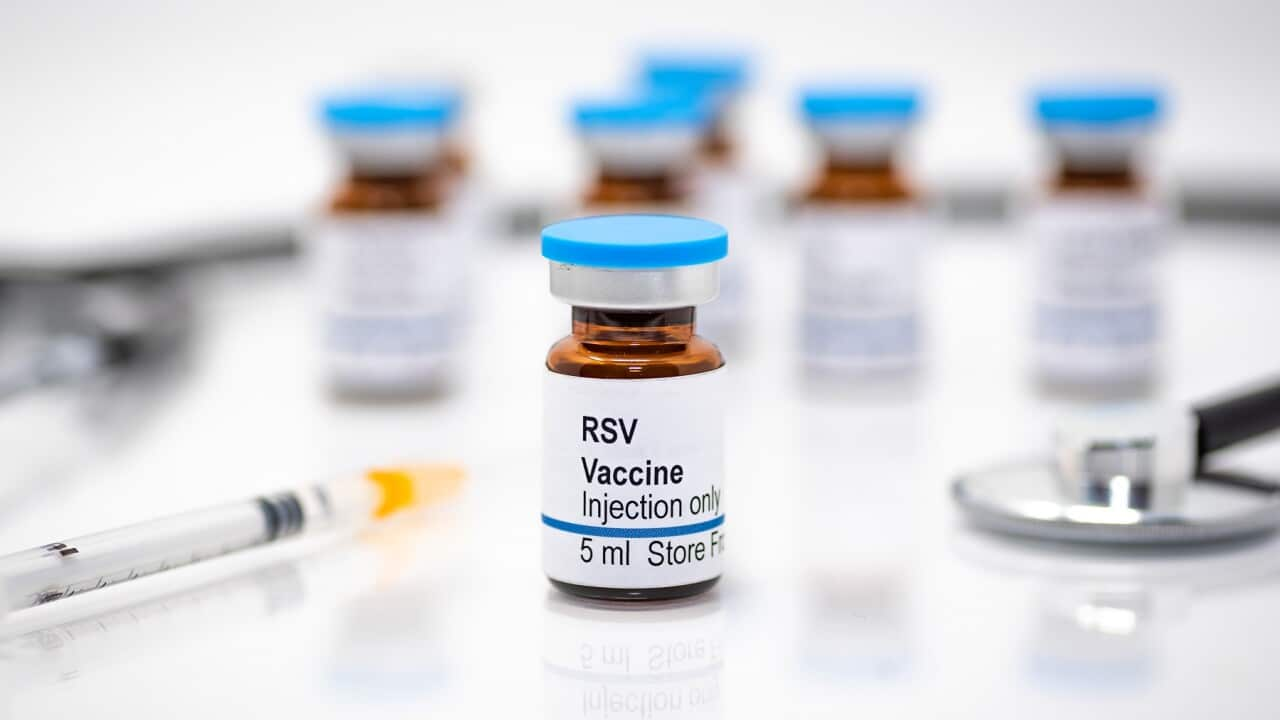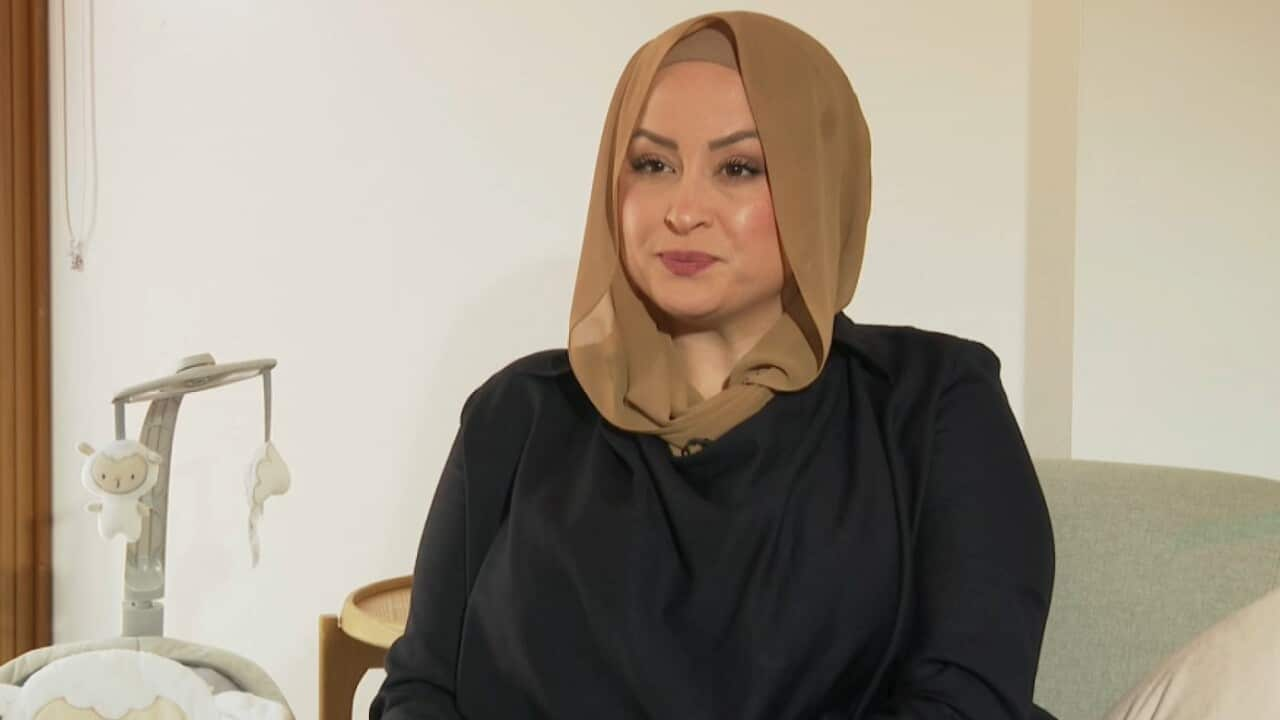TRANSCRIPT
“Today, on behalf of the people of Australia, our government and this parliament offers a full unreserved and overdue apology to all thalidomide survivors, their families, loved ones and carers. This apology takes in one of the darkest chapters in Australia's medical history. To the survivors, we apologise for the pain thalidomide has inflicted on each and every one of you each and every day. We are sorry.”
That was Prime Minister Anthony Albanese delivering what thalidomide survivors have called a long overdue apology to those whose lives were destroyed by the drug.
Thalidomide was a widely used drug in the late 1950s and early 1960s for the treatment of nausea in pregnant women and resulted in severe birth defects.
While there are 146 known registered survivors in Australia, the exact number affected by the morning sickness drug is unknown.
A 2019 Greens-led parliamentary inquiry into the thalidomide tragedy found that, if the government had acted urgently when the drug was first linked to birth defects, 20 per cent of survivors may not have been impacted.
Instead in November 1961, when the link was established, federal and state governments took no action to ban the importation or sale of the drug.
Mr Albanese says Australia bears a great shame for this failure.
“We also acknowledge the inescapable historical facts. The fact that even after the grave dangers of this drug were known, importing Thalidomide was not prohibited. Selling it was not banned. Products and samples in surgeries and shops were not comprehensively recalled or entirely destroyed. Saying sorry, does not excuse this or erase it.”
Thalidomide was used in Australia and 45 other countries around the world.
Just one pill could damage any tissue or organ with the most common side effect being missing or underdeveloped limbs.
40 per cent of affected infants died within a year.
In 1961 an Australian midwife and a German paediatrician first raised the alarm.
After about 5 years on the market and 10,000 babies affected, the manufacturer Gruenthal withdrew it, leading to stern warnings from world leaders such as U-S president John F Kennedy.
“Every woman in this country must be aware, must check their medicine cabinet and do not take this drug.”
The Greens spokesman for health and disability rights, Senator Jordon Steele-John told SBS News that the apology from the Australian government is a historic moment but unfortunately comes too late for many parents of those affected.
“This apology is needed. It is historic. There is no escaping that it is something which comes too late for so many mothers who passed from this world filled with grief and guilt and a deep sense of frustration that they were failed by a government who then refused to recognise its role in that failure.”
Sue Jerome is a survivor of the drug, or what's known in the community as a 'thalidomider'.
She has had to deal with severely underdeveloped arms and still faces a number of challenges with a body that is aging prematurely due to the impacts of thalidomide.
She told SBS News she's always been viewed differently since birth.
“When I was born I was taken away and all mum heard the nurse saying was 'oh my god'. I had a lot of people laughing at me. I loved my arms. I thought 'this is me, I like my little arms', but then when I'm in public i could feel the looks and the smiles and the smirks”
Requital has been hard won for victims.
Survivors spent decades fighting for government compensation and taking on the drug distributor in a ground-breaking class action led by lawyer Peter Gordon.
The class action which covered victims in Australia and New Zealand successfully tripled the number of people in those countries to receive recognition and compensation as thalidomide survivors
Sue says she's happy to hear an apology from the government after all these years but it would have been nice if it had come while her mum and dad were still alive to witness it.
“It’s good that we’re being recognised but in my case it’s a bit disappointing because my mum and dad wouldn't be there to hear it. It's been a long time coming and it would have been nice when we were younger to be recognised.”
The federal government is unveiling a monument in Canberra in honour of the victims of the drug.
Health minister Mark Butler says the government is also reopening the Thalidomide Survivors Support Program to make sure anyone who missed the previous opportunity to apply won’t miss out on support.
However, Senator Steele-John says the government needs to ensure this support keeps up with cost of living pressures.
“An apology is only as good as the actions that follow it. That is why we are calling today on the government to index support payments so that they keep up with the rising cost of living, and that there must be a pathway for survivors to get justice. That is why we are calling on the government to enable and reopen the pathway for Accessibility Assessment for support programmes in Australia.”













